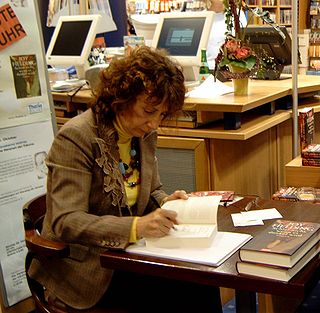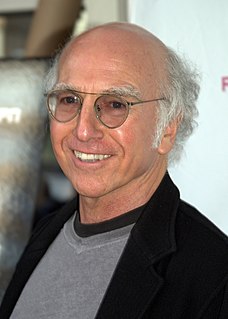A Quote by Jeff Nichols
Write dialogue that supports the situation and the characters, as you find them.
Related Quotes
What I like and find liberating in dialogue comedy is that the characters, and what they say, are not me. These are fleeting thoughts and observations and not presented as truths but as something that illuminates the character and the dynamic between the characters. This kind of dialogue is thesis and antithesis - and we never get to a synthesis.
When I first started writing plays I couldn't write good dialogue because I didn't respect how black people talked. I thought that in order to make art out of their dialogue I had to change it, make it into something different. Once I learned to value and respect my characters, I could really hear them. I let them start talking.
Sometimes I find it tiresome to write actions and describe the scene in a very intricate way so that every crew member understands where we are going - that I can find a little bit long and tiresome. But dialogue is just all my life. There's no way I could ever be challenged, not challenged, but I'm always so happy to write dialogue.
What must novel dialogue . . . really be and do? It must be pointed, intentional, relevant. It must crystallize situation. It must express character. It must advance plot. During dialogue, the characters confront one another. The confrontation is in itself an occasion. Each one of these occasions, throughout the novel, is unique.
When I'm writing a script, before I can write dialogue or anything, I have two or three hundred pages of notes, which takes me a year. So, it's not like "what happens next." I've got things that I'm thinking about but I don't settle on them. And if I try to write dialogue before then, I can't. It's just garbage.
Argumentation is a human enterprise that is embedded in a larger social and psychological context. This context includes (1) the total psyches of the two persons engaged in dialogue, (2) the relationship between the two persons, (3) the immediate situation in which they find themselves and (4) the larger social, cultural and historical situation surrounding them.
I find interesting characters or lessons that resonate with people and sometimes I write about them in the sports pages, sometimes I write them in a column, sometimes in a novel, sometimes a play or sometimes in nonfiction. But at the core I always say to myself, 'Is there a story here? Is this something people want to read?'
Sometimes, when actors reach out to their characters, they're nowhere in sight. They need to find something inside of them. And then the characters are right there. As a director, I want them to find the character that's already inside them, instead of trying to manufacture or manipulate or make something up. That's not really honest or true.





































